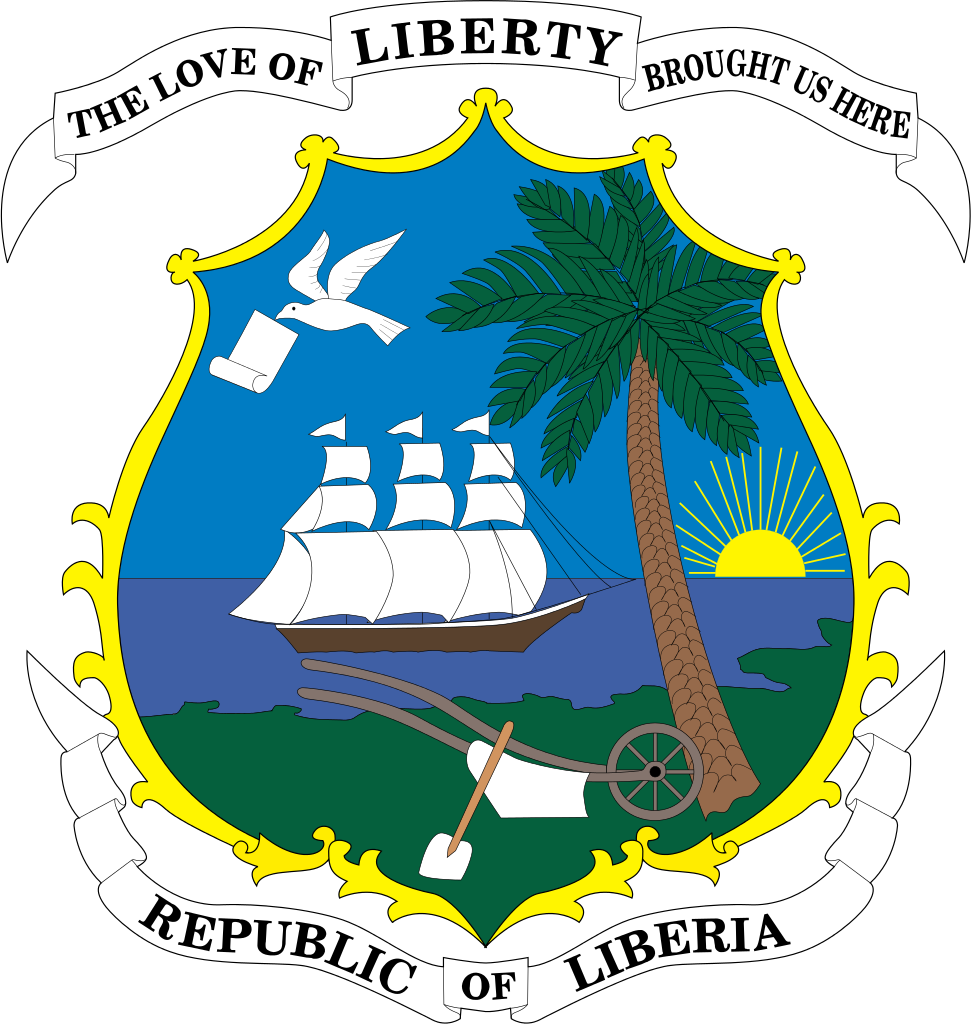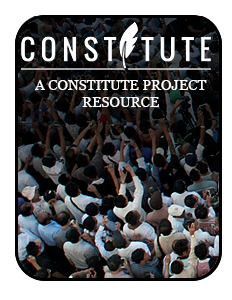Location
Settlement of freed slaves from the US in what is today Liberia began in 1822; by 1847, the Americo-Liberians were able to establish a republic. William TUBMAN, president from 1944-71, did much to promote foreign investment and to bridge the economic, social, and political gaps between the descendants of the original settlers and the inhabitants of the interior. In 1980, a military coup led by Samuel DOE ushered in a decade of authoritarian rule. In December 1989, Charles TAYLOR launched a rebellion against DOE's regime that led to a prolonged civil war in which DOE was killed. A period of relative peace in 1997 allowed for an election that brought TAYLOR to power, but major fighting resumed in 2000. An August 2003 peace agreement ended the war and prompted the resignation of former president Charles TAYLOR, who was convicted by the UN-backed Special Court for Sierra Leone in The Hague for his involvement in Sierra Leone's civil war. After two years of rule by a transitional government, democratic elections in late 2005 brought President Ellen JOHNSON SIRLEAF to power. She subsequently won reelection in 2011 and remains challenged to rebuild Liberia's economy, particularly following the 2014-15 Ebola epidemic, and to reconcile a nation still recovering from 14 years of fighting. The UN Security Council in September 2015 passed Resolution 2239, which renewed the mandate for the UN Mission in Liberia for another year. In July 2016, the UN handed over peacekeeping responsibility to Liberia and reduced the UN troop presence, which now serves a support role.
Liberia is a presidential republic.
Source: CIA World Factbook
Members:
Resources
Displaying 1 - 5 of 17Land Authority Act of 2016.
This Act adds a new Chapter to the Liberian Code to create the Liberian Land Authority. The Authority shall be a body corporate and shall be governed by a Commission. The primary mandate of the Authority is to develop policies on a continuous basis, undertake actions and implement programs for land governance.
Constitution of Liberia 1986
The constitution was approved by 95% of voters in a national referendum.




